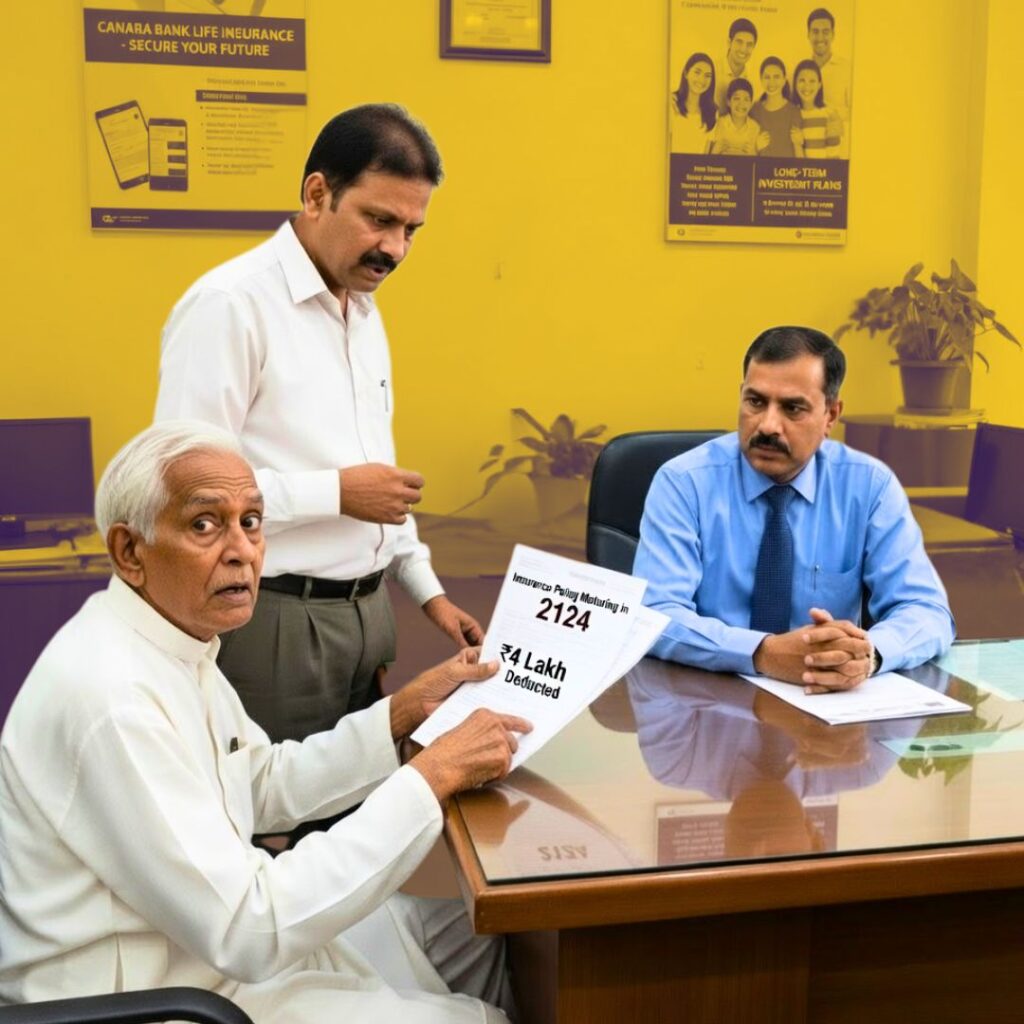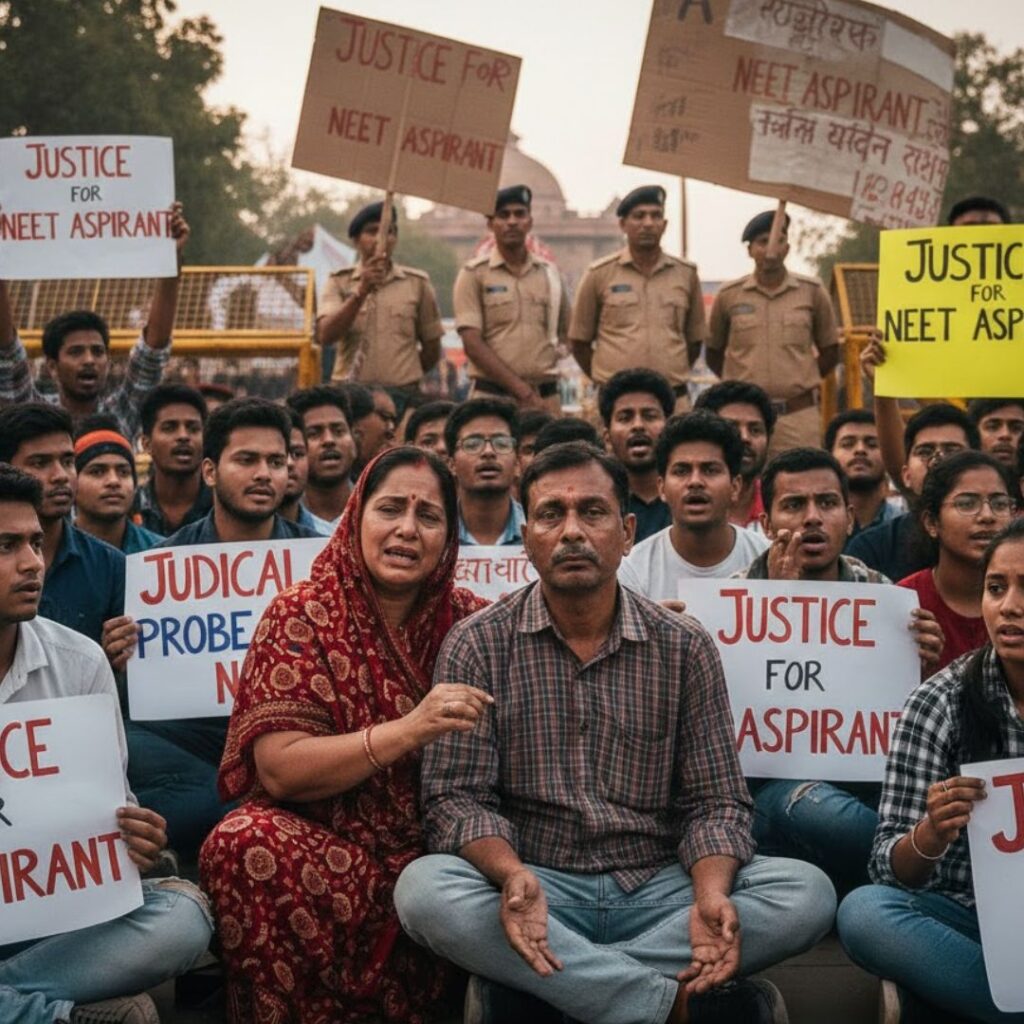The Ministry of water resources has proposed new guidelines for the extraction of groundwater. These rules will be implemented from 1 June 2019. The new rules are to manage groundwater extraction. However, the new guidelines will not only dilute the present law but have also overlooked the primary concern, reported Down To Earth.
Groundwater extraction for industrial purpose
According to the new norms, industries, mining and groundwater extraction projects-whether new or existing-will have to take a no-objection certificate (NOC) for extraction of groundwater. The new draft also mentioned a revised water conservation fee depending on the quantum of extraction.
Reportedly, while applying for the NOC, the industries are required to present a document stating how it will manage groundwater and ensure reuse. “The growing dependence on groundwater has taken the form of unsustainable over-extraction, which is lowering the water table and adversely impacting drinking water security,” said the 2016 Parliamentary Committee on Restructuring the Central Water Commission and the Central Ground Water Authority (CGWA) report.
The new guidelines suggest that water extraction of any kind for industrial purpose can be done from only “non-notified” areas. These have been further classified as “safe”, “semi-critical”, “critical” and “overexploited” based on the level of groundwater in each area.
Scrapped water recharge rules
New norms have also taken away the clause where any project that withdraws groundwater had to replenish it as well. Instead, a new water conservation fee has been added which every project proponent will have to pay. This depends on the amount and area of water extraction, and the use of the extracted water. Which purports, as the experts say, the amount of groundwater exploitation will depend on the amount of money one pays.
Although, the new rules have revised the fee depending on the quantum of water extraction as compared to what was proposed in the draft. For instance, fee for the safe areas was Rs 1.5-2 per cubic meters which has now been revised as Rs. 1-3 per cubic meter in the new draft.
The revision of fee has also been done for the infrastructure projects like packaged drinking water units and domestic water uses. The fee collected would go to the authorities who will take care of the artificial groundwater recharge.
A Delhi-based hydrologist questioned, “Who would monitor the quality of recharge being done by the government authorities? Earlier, there was a scope of prosecuting the private proponents if they did not do proper recharge, what now?”
NOC to be issued by CGWA
Reportedly, the new norms have also diluted the draft clause regarding NOC issue. The draft rules proposed has said that even district magistrate has the authority to give no-objection certificate if the water required by the project proponent was 20-50 cubic meter per day depending on which category the area falls into. The experts were concerned if the DMs would know to address the issue considering that they mostly are occupied with administrative matters. The notified draft has also given authority to the state groundwater board to issue NOC, which has been withdrawn.
Now, only the Central Groundwater Authority can issue no-objection certificates, like 2015 rules. Although, they have authorised district and sub-dictrict magistrate to check on the compliance of the regulations.
According to DTH report, the DMs and officials have been given authority to seize drilling rig, seize borewell or tube, if constructed and can stop power supply to the energised well. A copy of the NOC issued by the CGWA will be given to the officials concerned for monitoring purposes. Also, in the case of violation of the directions and conditions notified in the NOC, the authority can file a lawsuit under sections 15 to 21 Environment Protection Act of 1986 or under NGT Act 2010, in the case of environmental compensation.
Also Read: In Season Of Drought, How MNCs Are Plundering Ground Water In India












